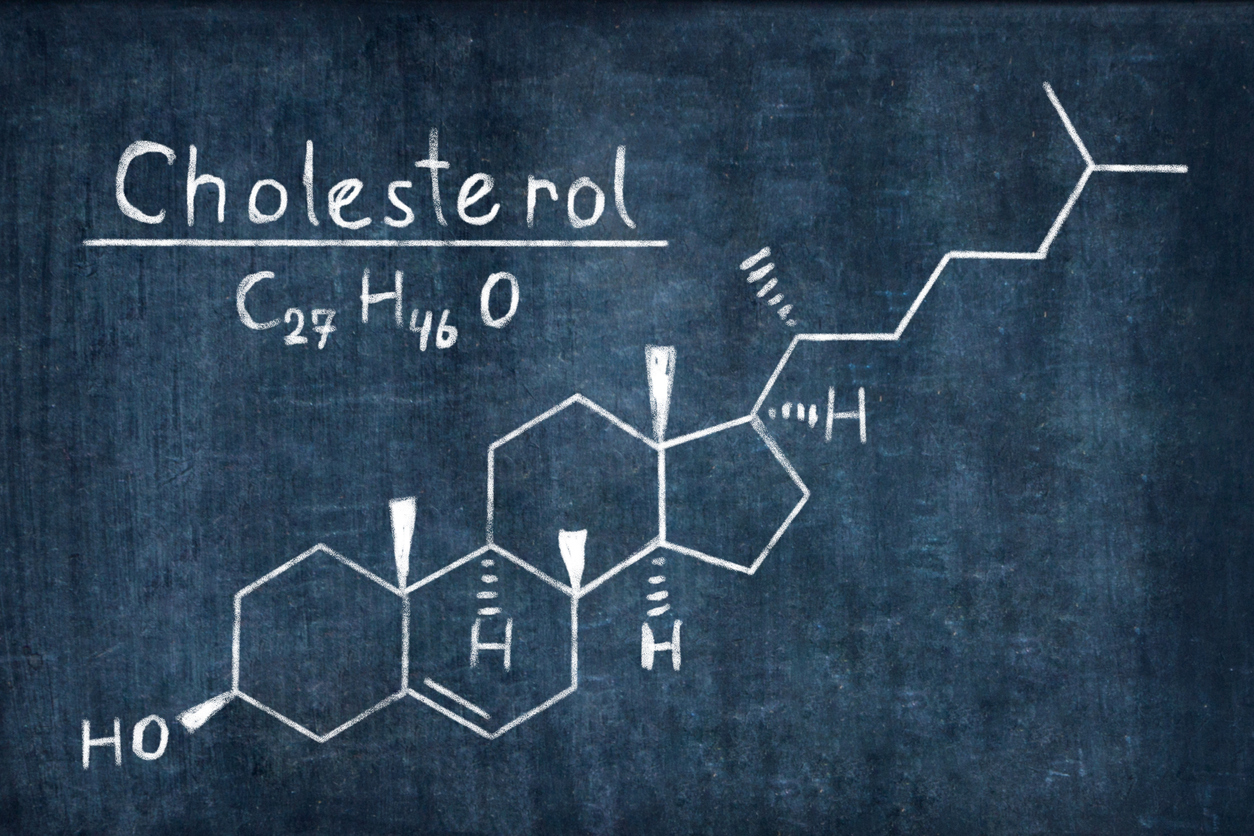About the test
Cholesterol is a lipid synthetized in the liver from fats ingested by food. Its role is critical in the regulation of cellular membranes’ permeability, in vitamin D production, in the production of bile acids and in hormonal synthesis.
High values of cholesterol are responsible for cardiac and vascular diseases.
Cholesterol circulates in blood after it is bound to proteins, so that it becomes soluble. The result is the formation of HDL and LDL lipoproteins.
Sample
Venous blood
Preparation
12 hour fasting prior to testing. Water is permitted.
Alcohol consumption is forbidden 24 hours prior to testing.
Procedure
Venipuncture
Increased values
- Familial hypercholesterolemia
- Hyperlipidemia
- Coronary artery disease
- Atherosclerosis
- Obesity
- Pregnancy
- Smoking
- Diabetes mellitus
- Nephrotic syndrome
- Drugs (corticosteroids, β-blockers, lansoprazole, lithium, contraceptives, phenobarbital, thiazide diuretics).
Decreased values
- Hypolipoproteinemia
- Anemia of chronic disease
- Hemolytic anemia
- Hepatic disease
- Serious infections
- Malnutrition
- Drugs (androgens, estrogens, erythromycin, phenytoin).
Additional information
- Atherosclerosis is the deposition of atheromatic plaque on the inner lining of the arterial wall. This leads to stenosis of the vessel’s lumen and obstruction of the blood flow.
- Men who are younger than 60 years of age are at higher risk of sudden death due to coronary artery disease compared to premenopausal women. This is due to the protective role of estrogens and progesterone. The risk is significantly decreased in those who exercise regularly, don’t smoke and follow a healthy diet.

